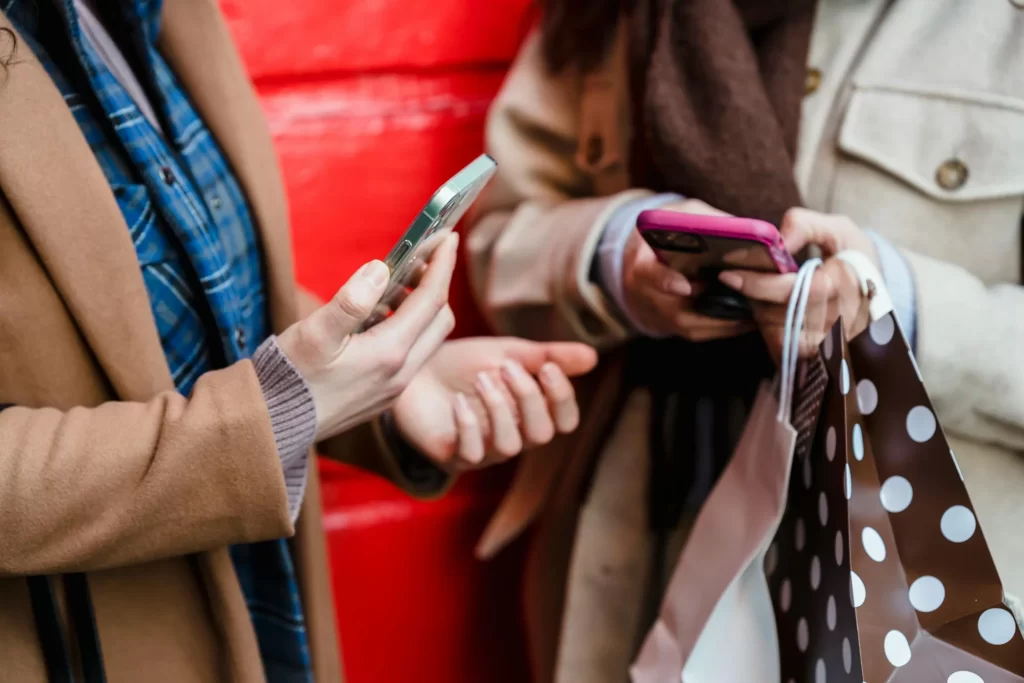By Katie Potocnik Medina, LCSW
In today’s digital era, smartphones have become an inseparable part of the younger generation’s daily life, yet the consequences of this close bond go beyond mere convenience. Generation Z, born into a world of constant connectivity, faces a growing challenge known as phone anxiety. Jonathan Haidt’s book, “The Anxious Generation: How the Great Rewiring of Childhood is Causing an Epidemic of Mental Illness,” delves into the intricate relationship between digital dependence and mental health, shedding light on the societal and cultural factors driving this phenomenon. Haidt explores how social media, gaming, and online communication platforms shape the experiences of youth, leading to ongoing comparisons, social pressures, and information overload that significantly impact mental well-being.
Recent research, like Jasmine N. Khouja et al.’s study titled “Is screen time associated with anxiety or depression in young people? Results from a UK birth cohort,” delves into the connection between screen time and mental health issues. The findings indicate a notable correlation between increased screen time and higher levels of anxiety or depression among young individuals. This study underscores the urgent need to address the impact of digital technology on mental health, particularly among the younger population.
One key aspect of phone anxiety is the constant need for connectivity, a sentiment that resonates with many children and teenagers. The fear of missing out (FOMO) or the anxiety stemming from being disconnected from their digital world can be intense. The instant nature of communication facilitated by smartphones adds another layer of pressure, with the expectation of prompt responses to messages contributing to heightened anxiety levels.

Group chats, a common mode of communication these days especially with teens, can also contribute to phone anxiety. In these digital spaces, the constant influx of messages and notifications can overwhelm young users, worsening social anxiety and other forms of stress. The continuous flow of interactions in these virtual environments blurs the line between socialization and stress, impacting mental well-being.
Additionally, the prevalence of social media and video-sharing platforms exacerbates phone anxiety among Generation Z. Studies show that excessive screen time on these platforms, driven by the desire for likes, comments, and followers, correlates with increased feelings of inadequacy and anxiety. The curated nature of social media feeds and the constant comparisons fostered therein contribute to a harmful cycle of seeking validation, worsening mental health issues.
Drawing from my experience as a former middle school social worker with extensive experience and a parent of a teenager and tween, I’ve witnessed firsthand the pervasive influence of phone anxiety among Generation Z. This phenomenon goes beyond academic research, affecting the daily lives and mental well-being of our youth significantly.
As caregivers, it’s crucial to recognize the signs of phone anxiety and take proactive measures to address them. Establishing healthy boundaries regarding screen time, promoting digital detoxes, and encouraging open discussions about emotions related to phone use are vital steps in mitigating the impact of phone anxiety on mental health.
Phone anxiety among Generation Z is a complex issue with broad implications for mental well-being. By acknowledging the link between screen time and anxiety and implementing strategies to foster a balanced relationship with technology, we can empower the younger generation to navigate the digital world with resilience and mindfulness.



